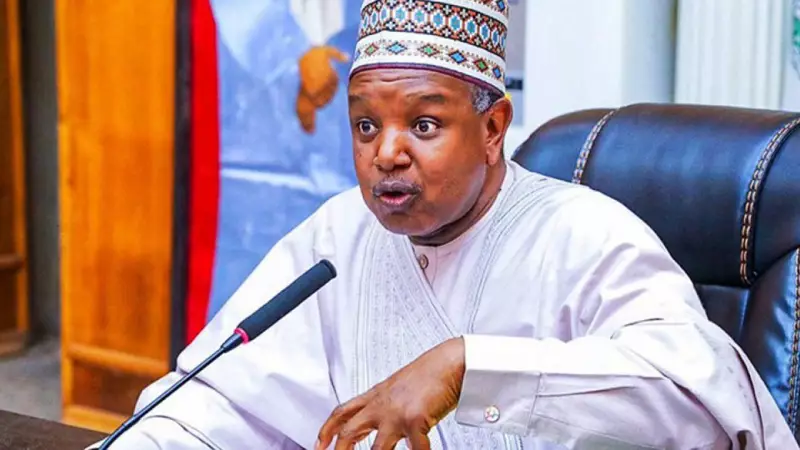
Nigeria's ambitious goal of building a $1 trillion economy by the year 2030 is not just a pipe dream but an achievable target, according to Senator Abubakar Bagudu, the Minister of Budget and Economic Planning. The minister's bold declaration comes as Africa's largest economy continues to implement sweeping reforms aimed at transforming its economic landscape.
During a recent media briefing in Abuja, Bagudu emphasized that the current administration under President Bola Tinubu is fully committed to creating an enabling environment for sustainable economic growth. "We are confident that with the right policies and implementation strategies, Nigeria can reach this significant economic milestone," the minister stated.
Strategic Reforms Paving The Way
The minister highlighted several key areas where the government is focusing its efforts to drive economic expansion:
- Economic Diversification: Moving beyond oil dependency to develop other critical sectors including agriculture, manufacturing, and technology
- Investment in Infrastructure: Significant improvements in power, transportation, and digital infrastructure
- Business Environment Reforms: Streamlining regulations to attract both domestic and foreign investments
- Human Capital Development: Investing in education and healthcare to build a productive workforce
Building on Current Economic Foundations
Bagudu pointed to Nigeria's existing economic strengths as a solid foundation for future growth. With a population exceeding 200 million people, a vibrant entrepreneurial spirit, and abundant natural resources, the country possesses all the essential ingredients for economic transformation.
"Our young population represents not just a demographic dividend but an economic advantage that we are harnessing through various youth empowerment programs," the minister explained.
Private Sector Collaboration Crucial
The minister stressed that achieving this ambitious target requires strong partnership between the public and private sectors. He called on Nigerian businesses and international investors to join hands with the government in building the economy of the future.
"The government alone cannot achieve this vision. We need the innovation, efficiency, and capital that the private sector brings to the table," Bagudu noted.
Monitoring Progress Towards 2030
The ministry has established clear benchmarks and monitoring mechanisms to track progress toward the $1 trillion economy goal. Regular assessments will ensure that the country remains on course and can make necessary adjustments to its economic strategies.
As Nigeria continues its economic transformation journey, the minister's confident assessment provides renewed hope that the country is poised to join the elite club of trillion-dollar economies within the next six years.





